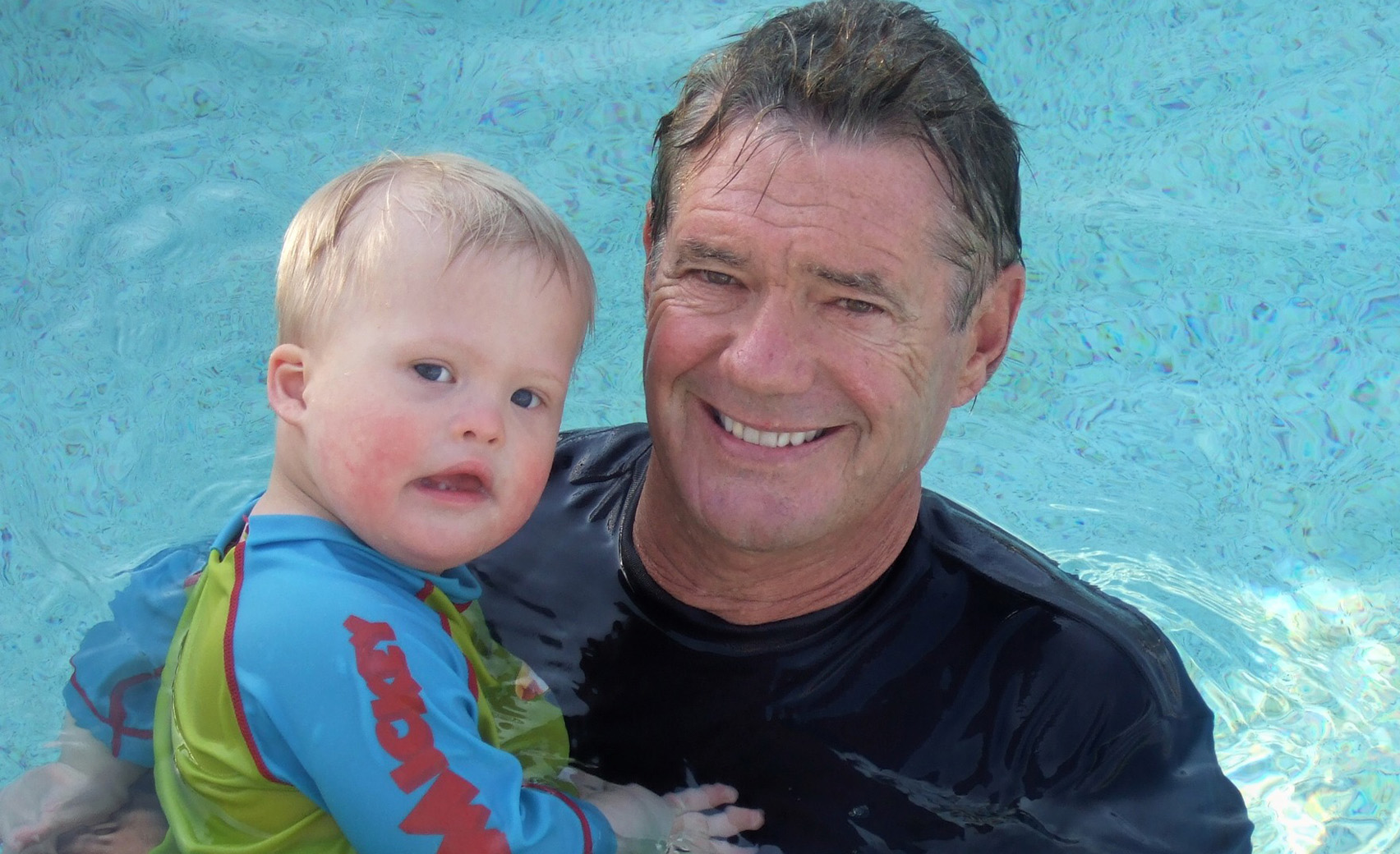Just Do…
When I was a very young child I remember asking my dad, “What IF this happens? And what IF that happens? Then what IF this happens?” He looked at me and replied, “There are no ‘what if’s.’ You just do.”
I don’t remember much else other than we were in the car on our way somewhere, and the tone in which my dad said those words, and the way he turned his head and attention from me in the back seat to back on the road, I knew there was to be no further discussion. My mouth hung open with a million more “What IF” questions stuck in my throat. I was terrified at the prospect of having to “just do.” What was I to do, if I didn’t know what to do?
Little did I know, that many years later, this advice would serve me very well.
When Wil was a baby I asked his physical therapist when he would walk. She replied that she didn’t know. He had very low muscle tone so it would be up to him. She said it would depend on his level of motivation.
Though I didn’t know when Katherine and Elizabeth would walk as infants, I never questioned IF they would.
What IF Wil doesn’t walk? What IF he doesn’t crawl? What IF he doesn’t talk? What “IF” I wasn’t doing enough? What “IF” I messed something up and he fell behind. Then what IF this happens? And what IF that happens? What IF…
I placed a big, bold stamp of “What IF” all over Wil. It’s incredibly detrimental. Yet, at this point in my life, I was riding along in the back seat with no idea where we were going or what I would do when we got there.
I was terrified of such an open-ended, ambiguous prospect. What were the parameters?
Wil’s physical therapist showed me exercises to do with Wil. We incorporated these exericises into his play. Katherine and Elizabaeth, just over 2 years old at the time, always wanted to be involved and did Wil’s exercises with him too. “What IF” turned into “we just do.”
In this new way of doing things, though we still worked toward the goal of walking, the purpose changed. It changed into look what Wil can do, rather than measuring what he can do against a time stick.
Every advance was celebrated. As “we just did” — though I still worked purposefully with Wil –I let the timelines go. Timelines weren’t as important anymore. It was all about watching Wil grow, get stronger, and develop in his own way and in his own time. And as time went on, we adjusted with his growth. We just did.
Funny, I don’t even remember exactly when Wil started walking when it was once a monumental part of my life. Not that it wasn’t important. But what I remember most vividly is working with Wil and with Katherine and Elizabeth. How Katherine and Elizabeth loved to encourage him, and play with him, and how we all worked together to help him achieve his goal of walking when he was ready to walk. We just did.
I accepted Wil’s diagnosis long before he started to walk. But I learned to accept the value of what disability means the day I quit asking “what if” and focused on just doing.
That’s when we see the value of the individual person. Not stamped with a big, bold “What If” stamp dividing abled or disabled. But by seeing who we all are by lifting each other up, supporting one another, so we all rise in our own space and time.
What IF we can be a society that sees individuals as valuable without holding up a measuring stick of parameters?
There are no what ifs. You just do.
Christie Taylor has written two books about her son, Wil. She found her storytelling connected her with many other families who were raising children with Down syndrome, while at the same time, raising much needed awareness. Read her blog at Wilingness.com

